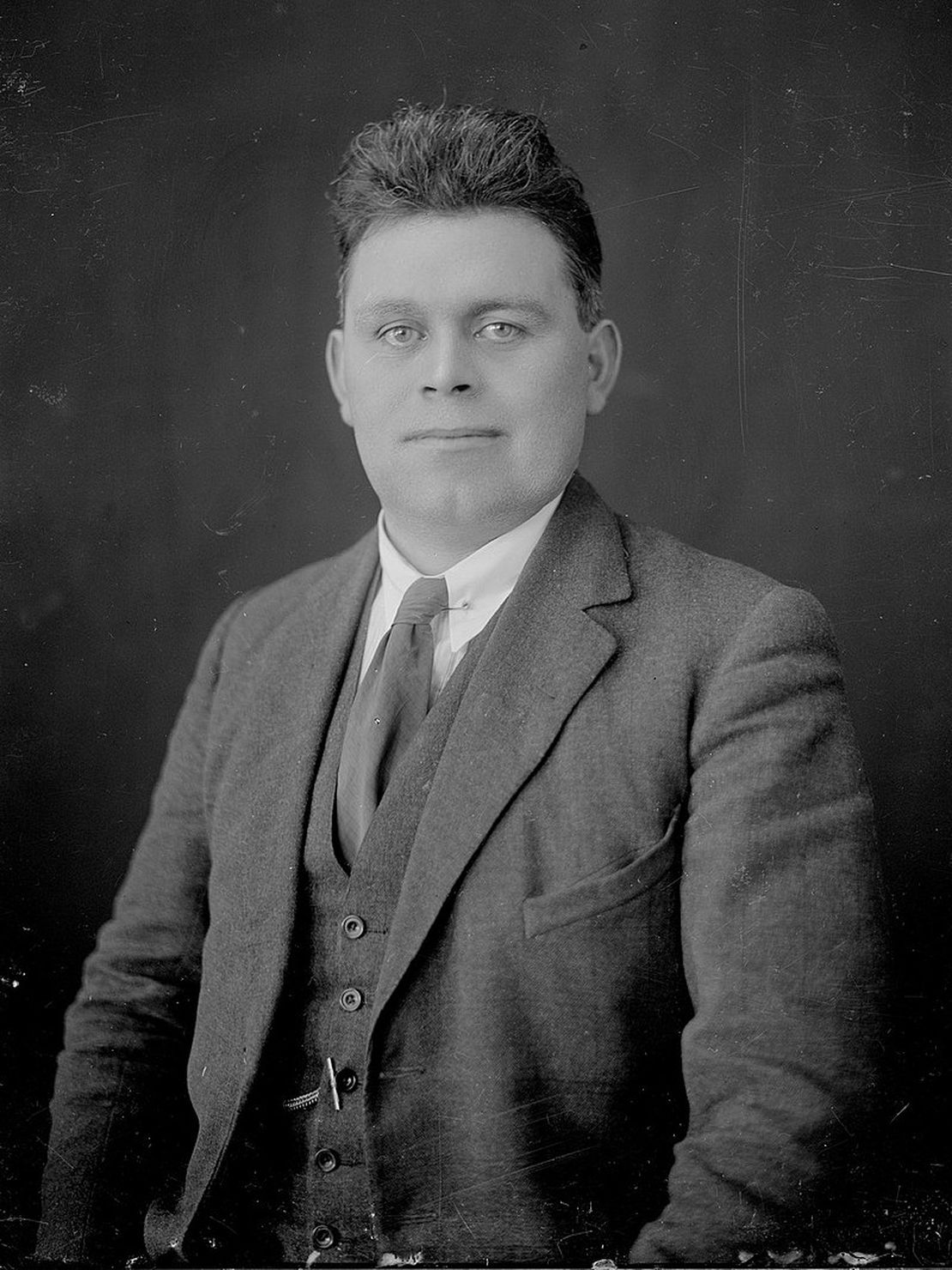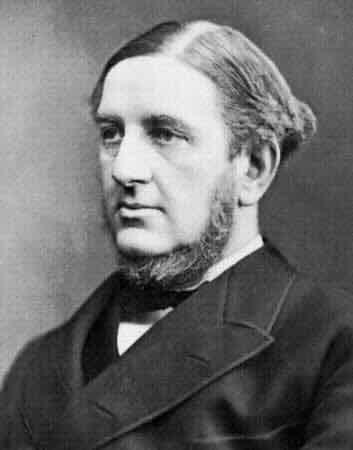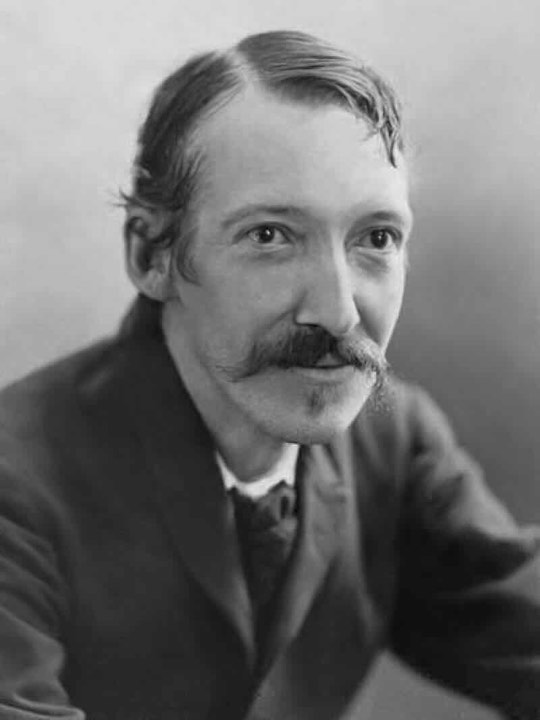- August 11, 1894
Dan Breen, a key figure in the Irish War of Independence and later a politician, was born on August 11, 1894, near Soloheadbeg, County Tipperary, Ireland. Breen became one of the most famous Irish revolutionaries, known for his role in the early stages of the struggle against British rule in Ireland.
Early Life and Background
-
Birth and Family: Daniel “Dan” Breen was born into a rural, nationalist family in Donohill, near Soloheadbeg, County Tipperary. He grew up in an environment that was deeply influenced by the history of Irish resistance to British rule, which shaped his political beliefs from a young age.
-
Involvement in Nationalism: Breen joined the Irish Republican Brotherhood (IRB) and the Irish Volunteers, organizations committed to achieving Irish independence. His commitment to the cause intensified after the 1916 Easter Rising, although he did not participate in the Rising itself.
Role in the War of Independence
-
Soloheadbeg Ambush: Dan Breen is perhaps best known for his role in the Soloheadbeg Ambush, which took place on January 21, 1919. Alongside Seán Treacy and other members of the Third Tipperary Brigade, Breen participated in the ambush of a convoy carrying gelignite, guarded by Royal Irish Constabulary (RIC) officers. Two RIC officers were killed in the ambush, which is widely considered the first engagement of the Irish War of Independence. The ambush marked the beginning of a new phase of armed resistance against British rule.
-
Guerrilla Warfare: Following the Soloheadbeg Ambush, Breen became a leading figure in the guerrilla warfare tactics employed by the Irish Republican Army (IRA) against British forces. He was involved in numerous attacks, ambushes, and raids across Ireland, particularly in the south and west. His actions made him one of the most wanted men in Ireland by British authorities.
-
The War’s Intensity: Breen was involved in several key operations during the war, including the daring rescue of Seán Hogan at Knocklong railway station in May 1919, which further heightened his reputation as a fearless revolutionary. His activities, along with those of his comrades, were instrumental in sustaining the campaign for Irish independence during this period.
Later Life and Political Career
-
Civil War and Politics: After the signing of the Anglo-Irish Treaty in 1921, which led to the establishment of the Irish Free State, Breen opposed the Treaty. He sided with the anti-Treaty forces during the Irish Civil War (1922-1923) and continued to fight against the Free State government.
-
Post-War Life: Following the end of the Civil War, Breen eventually accepted the new political reality and entered politics. He was elected as a Sinn Féin TD (Teachta Dála, or Member of Parliament) in 1923 but lost his seat the following year. Later, he joined Fianna Fáil, the party founded by Éamon de Valera, and was elected as a TD for Tipperary in 1932. Breen served in the Dáil Éireann (the lower house of the Irish Parliament) for many years, representing Tipperary and contributing to debates on national issues.
-
Autobiography: In 1924, Breen published his autobiography, “My Fight for Irish Freedom,” in which he recounted his experiences during the War of Independence. The book remains a significant source for understanding the period and Breen’s role in the fight for Irish independence.
Death and Legacy
-
Death: Dan Breen died on December 27, 1969, in Dublin, Ireland. His funeral was attended by many veterans of the War of Independence and Irish Civil War, as well as politicians and members of the public who admired his contributions to the struggle for Irish independence.
-
Legacy: Breen is remembered as one of the most iconic figures of the Irish War of Independence. His actions at Soloheadbeg and throughout the conflict helped to ignite a broader resistance movement that ultimately led to the creation of an independent Irish state. Breen’s life and legacy continue to be celebrated in Ireland, particularly in his native County Tipperary.
Dan Breen’s birth near Soloheadbeg, County Tipperary, marked the beginning of a life dedicated to the cause of Irish independence. His bravery and commitment to the nationalist cause made him a legendary figure in Irish history, and his legacy endures as a symbol of the fight for freedom.

 ← Death duties introduced for the first time in Britain
← Death duties introduced for the first time in Britain
 Robert Louis Stevenson, Scottish author died →
Robert Louis Stevenson, Scottish author died →